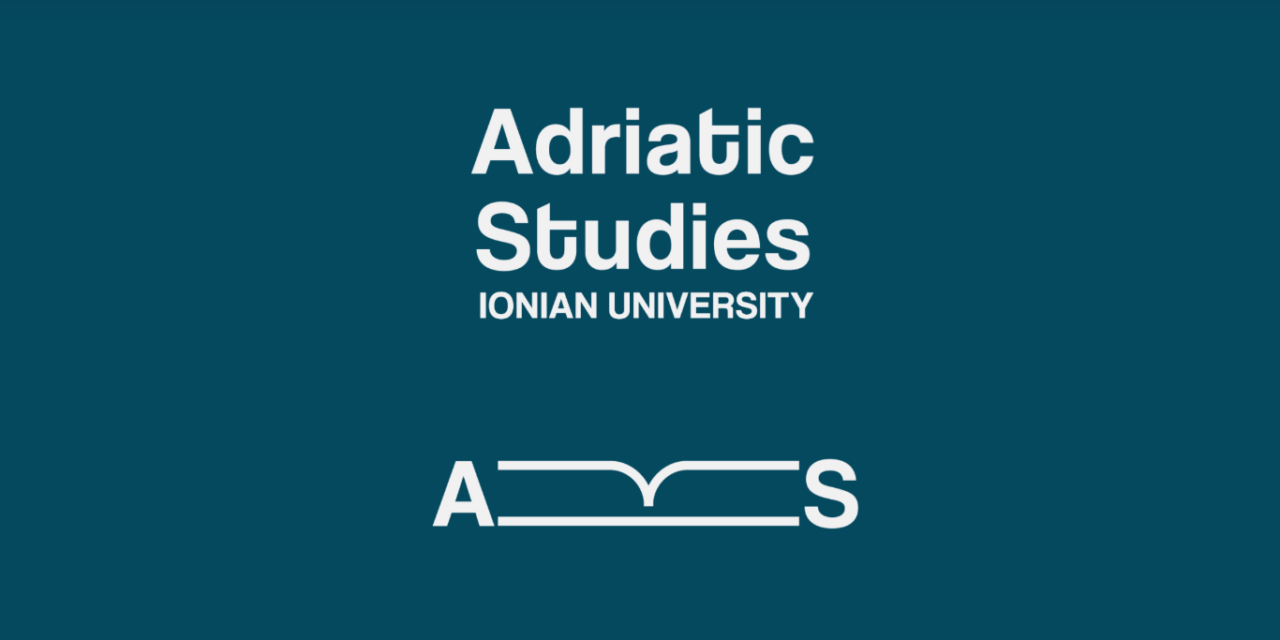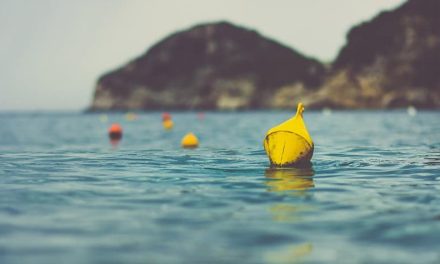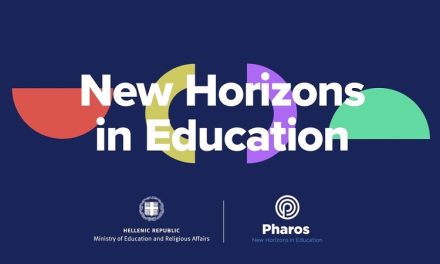The web portal Study in Greece is campaigning for the promotion and international visibility of Greek Universities and the comparative educational advantages of our country. In particular, the campaign focuses on the foreign language study programs that Greek Universities offer to Greek and international students. The initiative is supported by the General Secretariat of Higher Education of the Ministry of Education and Religious Affairs and the General Secretariat for Greeks Abroad and Public Diplomacy of the Ministry for Foreign Affairs. In this context, a number of educational programs and actions are presented in detail on a regular basis, such as undergraduate and postgraduate programs, summer schools etc, to inform international students about the many foreign language options offered by Greek Universities.

Study in Greece interviewed Assistant Professor Fotis Baroutsos about the MA in Adriatic Studies offered by the Ionian University, about the program, its features and what it has to offer to international students.
Fotis Baroutsos is Assistant Professor of Modern History at the Department of History, Ionian University, with a specialization in the Venetian presence in the Eastern Mediterranean. He holds a degree in Political Science from the National and Kapodistrian University of Athens and a Ph.D. in History from the Ionian University. He has taught at various academic institutions in Greece, including the University of Patras, the International Hellenic University, and the Hellenic Open University. He has also served as a visiting research fellow at Princeton University, affiliated with the Program in Hellenic Studies.
Professor Baroutsos, please describe to us in your own words the MA in Adriatic Studies offered by the Ionian University.
The MA in Adriatic Studies is more than just a postgraduate program—it’s a journey through time, culture, and geopolitics. Designed to uncover the rich historical and cultural tapestry of the Adriatic region, this MA offers a deep dive into the forces that have shaped this crucial crossroads of civilizations. Whether one is fascinated by history of art, diplomacy, or cultural exchanges, this program opens doors to understanding a region that has been at the heart of Mediterranean and European interactions for centuries. Students gain invaluable learning experiences, refining their analytical and research skills in ways that will prove essential for both their academic growth and professional evolution.
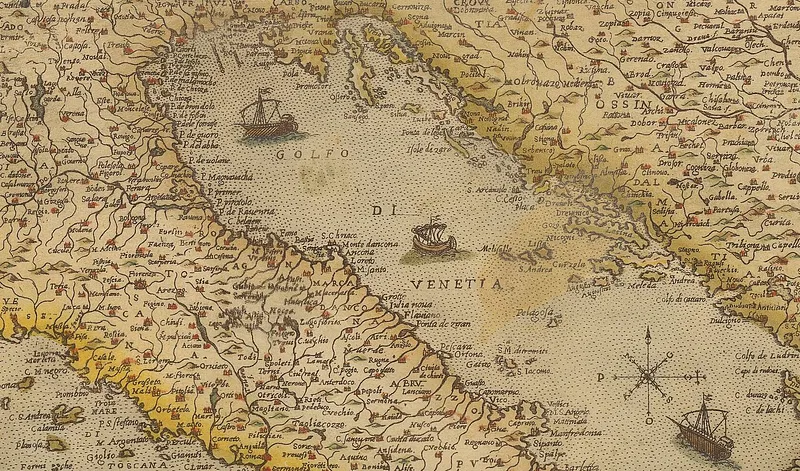
The Adriatic is a region in which many different civilizations and powers have been active over the centuries, both adjacent to it and distant from it. In what regards do you approach the region’s history?
The Adriatic is a confluence of cultures, where East meets West and North meets South. Rather than studying it in isolation, we approach the region’s history as a dynamic interplay of geopolitical shifts, local tendencies and cultural mobility. Our perspective is holistic, recognizing not only the conflicts but also the collaborations, the trade routes, the shared traditions, and the cultural interconnections that have made the Adriatic a vibrant and historically rich space. We encourage students to see history not as a collection of dates and events but as a living narrative that continues to shape our understanding of the past and the present.
What does the MA in Adriatic Studies offer to a prospective student that would make them choose it over other postgraduate options?
This MA is unique in its scope and vision. It’s one of the very few programs worldwide dedicated entirely to the Adriatic region, offering a specialized focus that students won’t easily find elsewhere. Additionally, it is highly interdisciplinary, bridging history, geography, cultural heritage, and environmental studies. Another major advantage is the Ionian University’s strategic location—right at the crossroads of Mediterranean and Adriatic studies, providing a real-life connection to the subject matter. With distinguished faculty and a curriculum designed to foster critical thinking and research skills, students graduate not just with knowledge, but with a fresh perspective to approach the past.
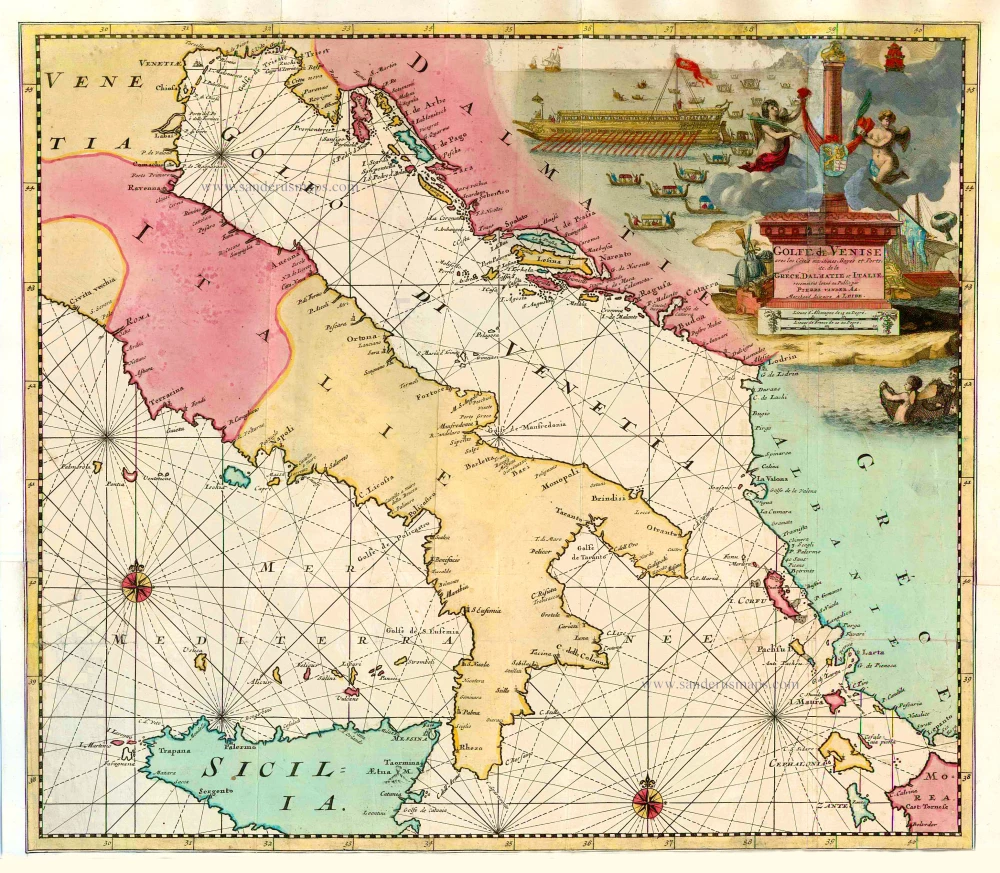
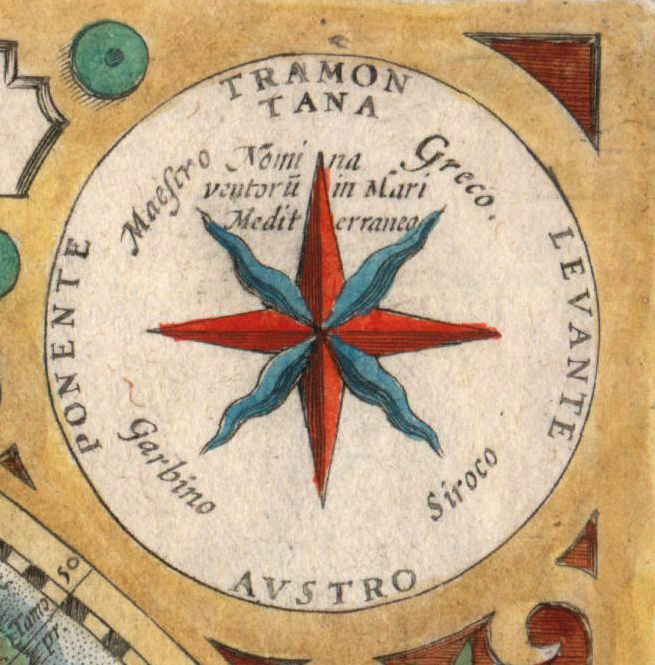
The strategic location of the Ionian University makes it the ideal place for this particular MA. Do you expect a large number of applications coming from countries that are not in immediate proximity to the Adriatic Sea?
Absolutely! While the Adriatic may be geographically defined, its significance extends far beyond its shores. We anticipate interest from students across Europe and beyond—from those studying humanities to those engaged in social sciences and cultural studies. The Adriatic’s story is one of global connections, shaped by the geopolitical interplay of Venice, the Holy Roman Empire, the Ottoman Empire, and other European powers. This rich historical complexity naturally attracts an international audience. We’re also excited about the opportunities this program provides for students to engage with real-world issues.
This is the first effort by the Ionian University to offer an exclusively English-taught Master’s program. What does this mean for the university’s extroversion efforts, and what results do you expect for the next steps—especially regarding the visibility of a university in the periphery?
This MA represents a bold step forward for the Ionian University. By offering a program fully in English, we’re opening our doors to a truly international student body, fostering collaborations with institutions and scholars worldwide. This initiative is just one among several English-taught programs that the university is developing, further reinforcing our commitment to global academic engagement. Over time, we expect these efforts to enhance our reputation and attract more students, researchers, and partnerships.
Additionally, the MA in Adriatic Studies is planning to create an international research center dedicated to Adriatic studies, further solidifying its role as a hub for academic excellence in the region.
Tell us a few things about the academic direction, the research activity, and the overall contribution of the Ionian University to the scientific and academic community.
The Ionian University has always been a place of academic exploration, continuously adapting to embrace contemporary research challenges. With strong faculties in humanities, musical studies, informatics, and more, the university fosters a diverse academic environment that encourages interdisciplinary research. Our faculty are involved in cutting-edge studies in history, digital humanities, and pedagogics. The university’s research centers support collaboration across various disciplines, producing work that contributes to international scholarship. With initiatives like the MA in Adriatic Studies, we continue to create opportunities for academic excellence, bringing fresh insights into regional studies while also shaping global discussions on history, and culture. Our contribution goes beyond teaching—it extends to fostering innovation across research, inspiring new methodologies, and cultivating an academic environment where fresh ideas thrive.
TAGS: STUDY IN GREECE

